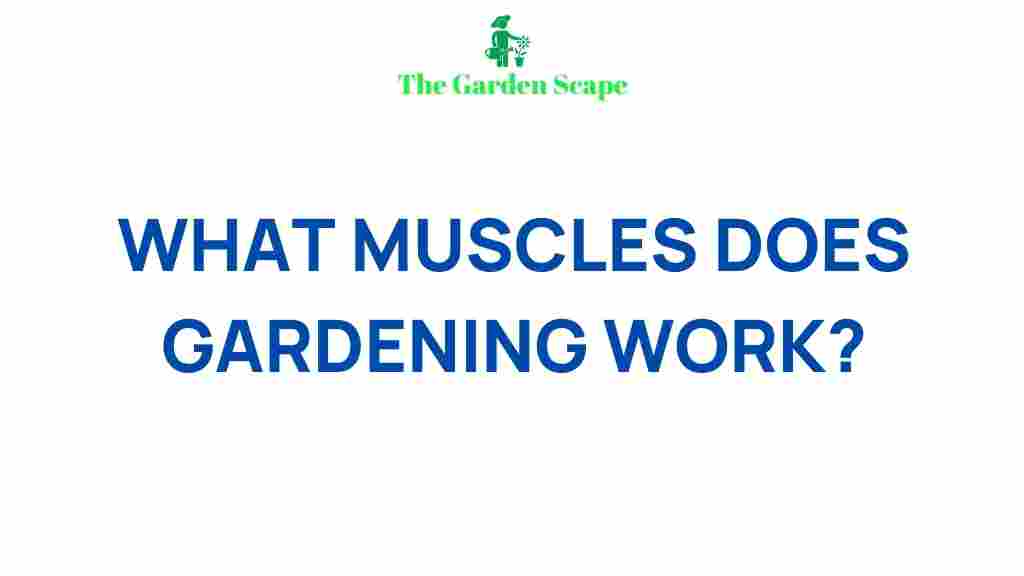Uncover the Surprising Health Benefits of Gardening
Gardening is more than just a hobby; it’s a lifestyle choice that can significantly enhance your physical, mental, and emotional health. Whether you’re cultivating vibrant flowers, growing vegetables, or maintaining a small herb garden, the benefits extend far beyond the beauty of your harvest.
In this article, we’ll delve into the surprising ways gardening impacts your health, offer practical tips for starting your gardening journey, and address common challenges that beginners might face. Let’s dig in!
Why Gardening Is Good for You
Gardening is a multifaceted activity that engages the body, mind, and spirit. Here are some of the most significant ways it can benefit your health:
- Improves Physical Health: Gardening involves activities like digging, planting, and weeding, which serve as low-impact exercise. This can improve cardiovascular health, muscle tone, and flexibility.
- Boosts Mental Health: Spending time in nature reduces stress, anxiety, and depression. Gardening provides a meditative escape from the hustle and bustle of daily life.
- Encourages Healthy Eating: Growing your own fruits and vegetables increases access to fresh, nutrient-rich produce and promotes healthier eating habits.
- Enhances Cognitive Function: Gardening challenges the mind with tasks like planning layouts, identifying plants, and solving problems, which can improve cognitive health over time.
Getting Started with Gardening
Starting your gardening journey can seem overwhelming at first, but with a step-by-step approach, you’ll soon reap the rewards. Here’s how to begin:
1. Choose Your Gardening Style
Determine the type of gardening that suits your interests and available space. Options include:
- Container gardening: Perfect for small spaces like balconies and patios.
- Raised beds: Ideal for controlling soil quality and managing weeds.
- Traditional in-ground gardens: Best for larger plots of land.
2. Select the Right Plants
Consider your local climate, soil type, and the amount of sunlight your space receives. Start with low-maintenance plants like tomatoes, basil, or marigolds for beginners.
3. Gather Essential Tools
Invest in basic gardening tools such as a trowel, pruners, gloves, and a watering can. These tools will help you tackle common gardening tasks efficiently.
4. Prepare the Soil
Healthy soil is the foundation of any successful garden. Test your soil’s pH and nutrient levels to ensure it’s ready for planting. Adding compost or organic matter can significantly enhance soil quality.
5. Start Planting
Follow the planting instructions for each type of seed or plant. Make sure to space them properly to avoid overcrowding and promote healthy growth.
Tips for Maintaining Your Garden
Once your garden is established, consistent care is key to its success. Here are some tips to keep your garden thriving:
- Water regularly but avoid overwatering, which can lead to root rot.
- Mulch your garden to retain moisture, reduce weeds, and regulate soil temperature.
- Prune and deadhead plants to encourage new growth and maintain a tidy appearance.
- Keep an eye out for pests and diseases, and address them promptly using natural or chemical remedies.
Troubleshooting Common Gardening Challenges
Every gardener encounters challenges, but most issues can be resolved with a bit of knowledge and persistence. Here are some common problems and their solutions:
1. Poor Plant Growth
If your plants aren’t growing well, check the soil quality and ensure they’re getting enough sunlight and water. Adding fertilizer or adjusting planting locations may help.
2. Pests and Diseases
Pests like aphids and diseases like powdery mildew can harm your plants. Use natural repellents, introduce beneficial insects, or consult a gardening expert for advice.
3. Overwatering or Underwatering
Plants have varying water needs, so it’s essential to research the specific requirements of each species. Using a moisture meter can help prevent overwatering or underwatering.
The Holistic Benefits of Gardening
Beyond the physical and mental health benefits, gardening fosters a deeper connection to the environment and a sense of accomplishment. It encourages mindfulness and provides opportunities to nurture and grow, both literally and figuratively.
Helpful Resources for Gardeners
Whether you’re just starting or looking to refine your skills, plenty of resources are available:
- Check out our Beginner’s Guide to Gardening for more tips and tricks.
- Explore external resources like the Royal Horticultural Society for expert advice.
Conclusion
Gardening is a rewarding activity that transforms not only your outdoor spaces but also your overall well-being. By embracing this practice, you’ll enjoy a multitude of health benefits while creating a beautiful and sustainable environment.
So, grab your gardening tools and start digging into the joys of this life-enhancing activity today!
This article is in the category Guides & Tutorials and created by TheGardenScape Team
